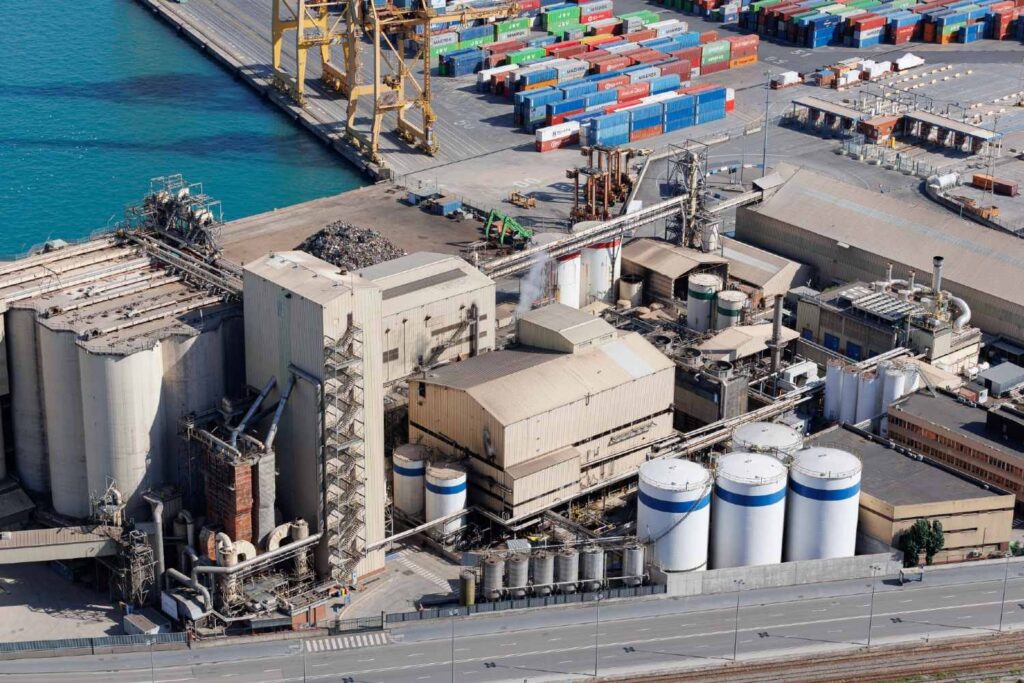
Federal Planning Minister Ahsan Iqbal has urged authorities to address the challenges related to land acquisition and power tariffs faced by China’s Century Steel Group, the primary investor in the Rashakai Special Economic Zone (RSEZ) in northwest Pakistan. This call comes as Islamabad intensifies its efforts to attract foreign investment in key sectors to strengthen the economy.
The Rashakai SEZ, which spans 1,000 acres, is a flagship project under the China-Pakistan Economic Corridor (CPEC), a multi-billion-dollar initiative aimed at connecting Pakistan’s Gwadar port with China’s Xinjiang region. However, Century Steel Group has expressed growing frustration over delays in finalizing a land purchase agreement and securing a reliable power supply for its steel mills in the zone. This frustration has been voiced over the past couple of months.
Minister Iqbal recently met with Century Steel Group officials to discuss these issues. During the meeting, Iqbal instructed Pakistan’s Board of Investment (BoI), the Power Division, and the Federal Board of Revenue (FBR) to swiftly address the problems hindering the development of the industrial zone. According to the Associated Press of Pakistan (APP), Iqbal specifically directed the Khyber Pakhtunkhwa Economic Zones Development and Management Company (KPEZDMC) to finalize land prices for the company as soon as possible.
KPEZDMC officials explained that Century Steel had requested discounted land rates. A consultant for Century Steel highlighted that, in China, land is often provided for free in SEZs, urging Pakistan to consider similar incentives.
In response to concerns about power tariffs, Iqbal instructed relevant authorities to ensure that power distribution in the RSEZ is fairly priced and that the zone receives electricity at rates similar to those of regular consumers. Additionally, he asked the FBR to conduct a consumption survey in the region to accurately estimate power demand in the area.
Pakistan is actively seeking investment from China and other regional partners, particularly from the Middle East, as it strives to reduce its dependence on foreign aid and stabilize its economy. Last year, the country narrowly avoided a sovereign default by securing a $3 billion bailout from the International Monetary Fund (IMF). Since then, Pakistan has made some economic improvements, and Finance Minister Muhammad Aurangzeb has emphasized the importance of long-term financial reforms and international investment for continued economic stability. — ERMD
